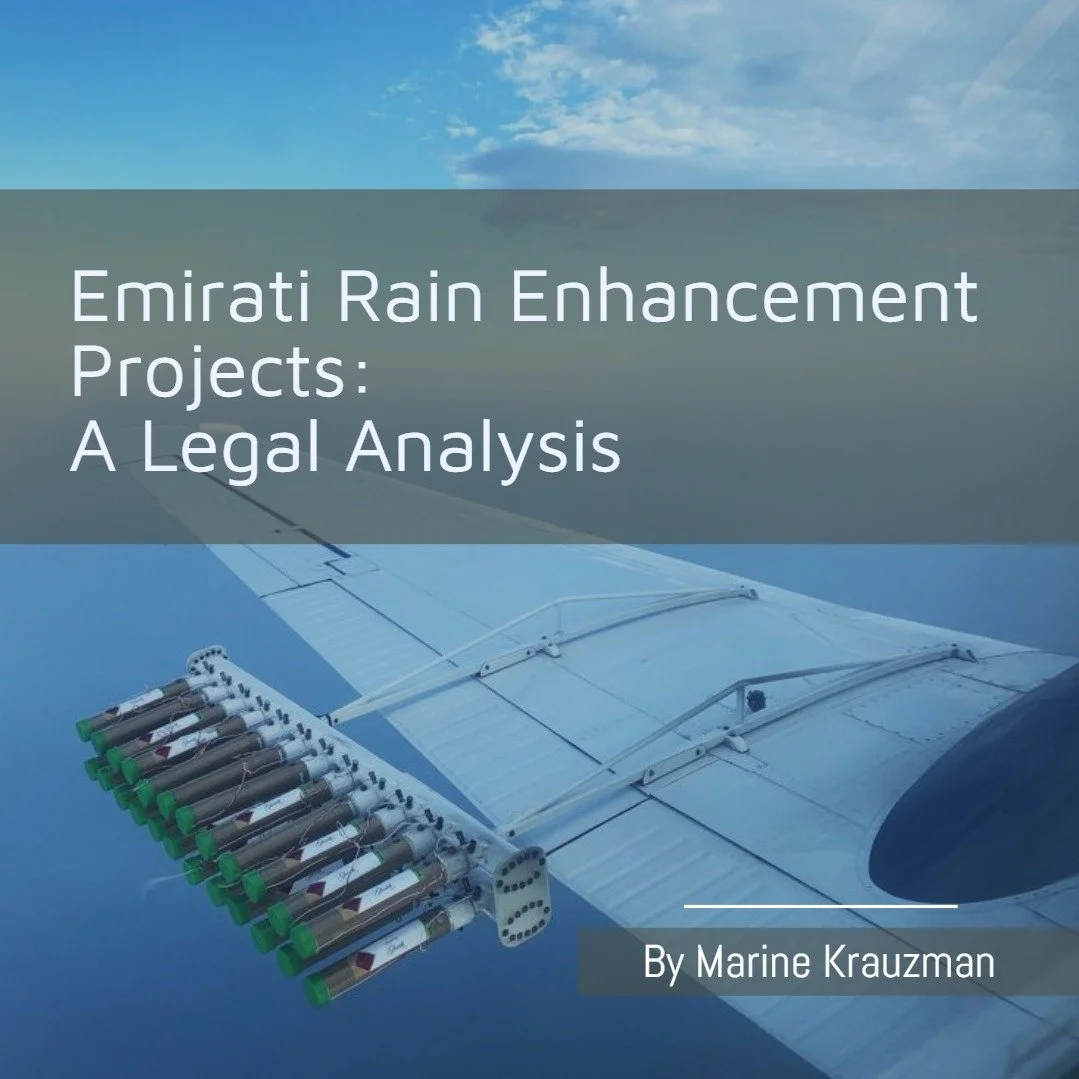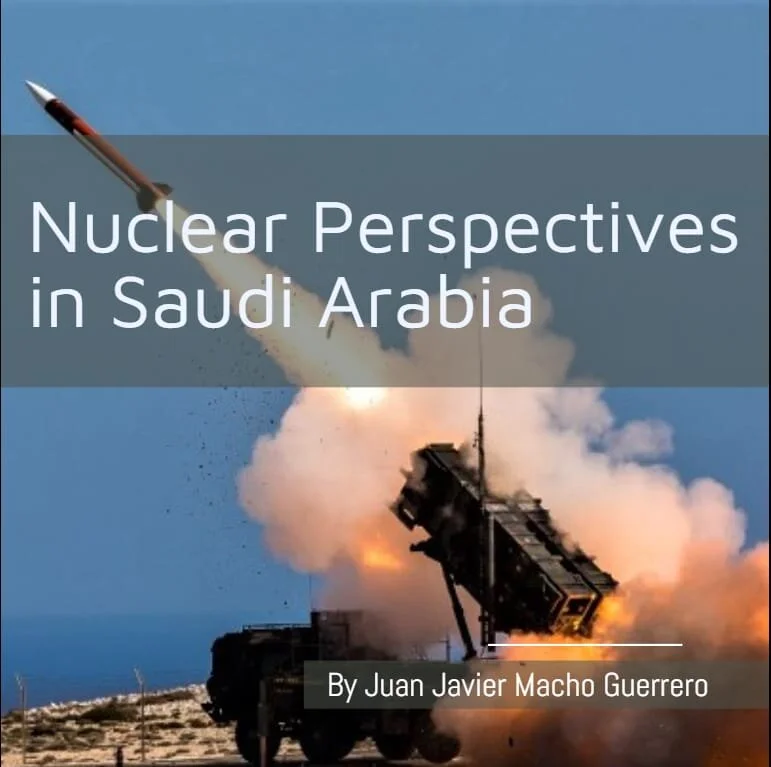By Fazal Wahab
October 1st, 2020
During the Cold War, Pakistan became a staunch ally of the United States (US) and became part of the decades-long war between the two world powers and against terrorism. Pakistan protected its national interests during the Cold War but is still facing a number of challenges. Federally Administered Tribal Areas (FATA) – now tribal districts – had become a safe haven for terrorists while suffering from militancy, insurgency, and a lack of peace during and after the Cold War served the interests of both Pakistan and the US. This article focuses on the question, how has this piece of land been misused for so many decades by both the national government and imperial powers?
For this fifth episode, we interviewed Floris van Straaten, Middle East Editor at NRC Handelsblad, a Dutch daily newspaper. He was previously Asia Editor at the same newspaper and he worked in Pakistan as a freelancer during the 1980s, covering the war in Afghanistan, among other things. In our conversation, we discussed the political and economic consequences of the pandemic for the Middle East.
‘Many governments in the Middle East have used pandemic to increase their already considerable power over their population.’
‘The pandemic exposes inequality.’
‘Finally, the pandemic shows many Middle Eastern countries are even more dependent on oil than we thought and that they need to diversify their economies.’
By Fabiana Natale and Gilles de Valk
July 14th, 2020
By Mats de Rooij
June 10th, 2020
In the shadows of the COVID-19 pandemic, the State of Israel is making a serious move. In a matter of weeks, it will be decided whether the Jewish state will annex parts of the landlocked territory of the West Bank. While speculations about the effects of such a move on the Israeli-Palestinian conflict are in full swing, little attention has been placed on the future of Israel’s relations with other states in the Middle East. This article stresses how an annexation could affect Israel’s relationship with one of its most important strategic partners in the region: the Arab Republic of Egypt.
By Arthur Nobili
May 27th, 2020
Disarmament is not a straightforward process. It not only serves to decrease the world’s number of weapons, but also to monitor the use of existing ones. It constitutes a challenge, as national interests, lobbyists, and ethics sometimes clash with one another. Although France and other states express their willingness to contribute to world-wide disarmament, the data shows another story.
By Frida Ekren
4th March, 2020
Data presented in the Global Terrorism Index 2019 shows that Afghanistan replaced Iraq in 2018 as the country most impacted by terrorism, and that the (Afghan) Taliban now holds the title of the world’s deadliest terror group. Still, at the time of writing, the US is negotiating with the Taliban trying to reach a peace agreement. This article, thus, seeks to address the situation in Afghanistan and the little-discussed absurdity that the US now is bargaining with the world’s deadliest terror organisation.
MORE IS NOT ALWAYS BETTER: INTELLIGENCE LESSONS FROM THE SEARCH FOR OSAMA BIN LADEN
‘We’re now in an age in which our primary adversary is easy to kill, he’s just very hard to find’ - Michael V. Hayden, Director of the Central Intelligence Agency (2007)
By Ricardo Ehe
23rd December 2019
By Keir Watt
November 13th 2019
North-Eastern Syria: Lasting Peace Unlikely as instability and Conflict is Set to Increase
“The Turkish local elections of 2019 resulted in a failure for President Recep Tayyip Erdoğan and his ruling party, which lost votes in the country’s three largest cities: Izmir, Istanbul and the capital, Ankara. This crucial breakdown of the Justice and Development Party is an outcome of enduring political, economic, and social struggles within Turkish society which has expressed its discontent through elections, demonstrating its desire to implement fundamental changes”
2019 Turkish Local Elections: An Explanation of the Ruling Party’s Failure
“The Turkish local elections of 2019 resulted in a failure for President Recep Tayyip Erdoğan and his ruling party, which lost votes in the country’s three largest cities: Izmir, Istanbul and the capital, Ankara. This crucial breakdown of the Justice and Development Party is an outcome of enduring political, economic, and social struggles within Turkish society which has expressed its discontent through elections, demonstrating its desire to implement fundamental changes”
What does Iran’s threatened withdrawal from the 2015 nuclear agreement mean for Us-Iranian tensions?
“Iranian President Hassan Rouhani announced that Iran will begin to reduce its compliance with the Joint Comprehensive Plan of Action (JCPOA) if the remaining members observing the deal fail to ease the weight of U.S. sanctions. European efforts to circumvent U.S. sanctions have thus far rendered insufficient results due to the overwhelming economic pressure of the U.S. measures. Europe’s apparent rejection of the withdrawal suggests that the European members are not convinced that Iran will follow-through with its threatened action. Iran’s tensions with the U.S., however, will ostensibly continue to escalate”
Assessing the implications of the US-Syria Withdrawal on the Kurdish Democratic Union
“The U.S.’ proposed withdrawal of the majority of its military presence from Syria leaves the Kurdish Democratic Union (PYD) in a challenging position. Now lacking clear U.S. protection and in the midst of preparing its final assault on ISIS-held positions, the PYD is now forced to weigh the decision of aligning with Russia and the Syrian government to hedge against the threat of a Turkish assault from the north.”
Strategic Turnaroud? Russia’s support to the afghan taliban and its strategic implications
“We know that the Russians are involved, stated U.S. Army General John Nicholson during an interview with the BBC, publicly accusing Russia of smuggling loads of weapons to the Taliban. Russia’s logistical and financial support to the Afghan Taliban is a short-term security insurance, and a profitable long-term investment, for the Kremlin’s future geopolitical manoeuvres”
Discord of war in Yemen: Is liberating Hodeidah Strategic?
“The liberation of Hodeidah will strategically enhance the UN-led peace process and the global humanitarian response to the world’s largest humanitarian crisis in 100 years, unlike what some western practitioners and researchers from the outside contend. To the Houthis, Hodeidah is a supply artery for survival at best and a negotiation stick at worst. Once liberated they are debilitated militarily, financially and politically favouring Yemen Peace Process and millions of Yemenis in dire need of relief aids.”
Forcing the Taliban to the negotiation table?
“With the latest show of force at Ghazni, the Taliban proved during their Al-Khandaq Spring Offensive of being capable to launch coordinated and major attacks. While the US military underestimates the importance of Taliban’s control over provincial districts, the Taliban is proving the opposite – using provincial areas to retreat and plan assaults on major cities. After the Eid al-Fitr cease-fire, the Taliban gained leverage for future peace negotiations in a time where Western-allied forces are trying to force the Taliban to the negotiation table and end the almost 17-year-war.”






















The Abraham Accords, key to Donald Trump’s first-term Middle East policy, normalized relations between Israel and several Arab states. With Trump back in office, his administration aims to expand the Accords, targeting Saudi Arabia and Syria despite earlier shortcomings.